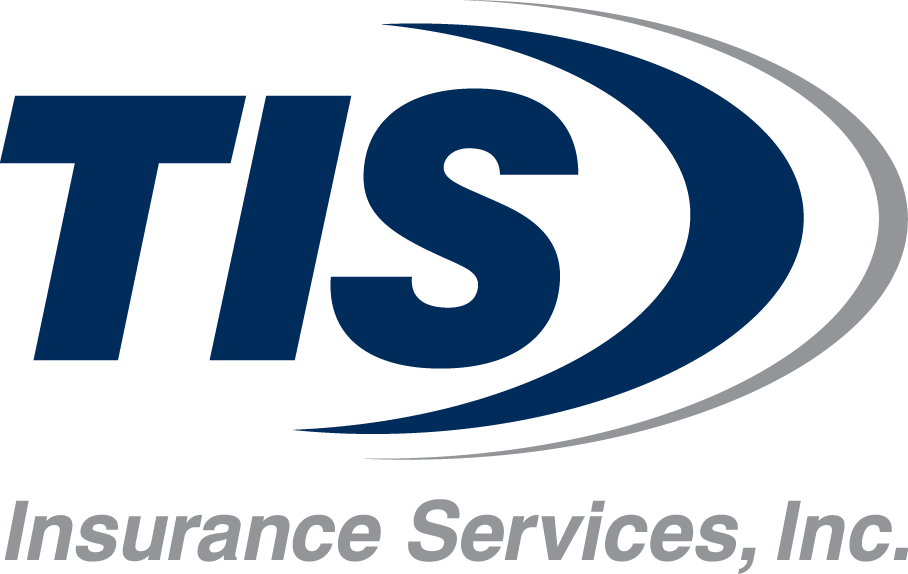Running a small business comes with many responsibilities, including attracting and retaining top talent. As a small business owner, you may face unique challenges in offering competitive employee benefits compared to larger companies with more extensive resources. However, providing a well-rounded benefits package can be a powerful tool to create loyalty and boost employee job satisfaction.
We’ll explore effective employee benefits strategies for small businesses, cost-saving tips, and best practices that will help you succeed in offering comprehensive benefits.
Why Employee Benefits Matter for Small Businesses
Offering employee benefits for small businesses is not just a nice-to-have option; it’s necessary in today’s competitive job market. Employees are no longer just looking for a paycheck; they also value security, health coverage, and opportunities for a balanced life.
Benefits like group health insurance and retirement plans can significantly enhance job satisfaction and employee retention rates. Studies have shown that a competitive benefits package can reduce turnover rates, helping small businesses save on recruitment and training costs.

Key Benefits to Offer in a Small Business
While large companies may have the luxury of offering a wide array of benefits, small businesses must strategically select essential benefits to meet both employee needs and financial limitations. Here are the key benefits small businesses should consider:
1. Group Health Insurance
Health insurance is the most sought-after benefit for employees and is usually a standard expectation of most job seekers. Offering group health insurance demonstrates your commitment to the well-being of your employees. It’s also a cost-effective solution as group plans typically provide lower premiums than individual policies. Providing health coverage not only improves employee morale but can also reduce absenteeism due to better overall health.
2. Retirement Plans
Offering a retirement savings plan, such as a 401(k), helps employees plan for their future. Even if your business can’t match contributions right away, setting up a retirement plan signals to employees that you are invested in their long-term financial health.
3. Flexible Work Arrangements
Employees increasingly value flexibility in work schedules and the option to work remotely. Allowing flexible hours or hybrid work models promotes a healthier work-life balance, which can lead to higher job satisfaction and productivity. This adaptability can be a significant differentiator in attracting talent.
4. Paid Time Off (PTO)
Paid time off, including vacation days and sick leave, plays a significant role in maintaining work-life balance. Employees who have sufficient time to recharge are more productive, and a PTO policy can also act as a competitive advantage in hiring.
5. Employee Recognition Programs
Regularly acknowledging and rewarding employees for their hard work can boost morale and motivation. Implementing recognition programs, such as employee of the month or performance awards, creates a positive workplace culture where employees feel valued and appreciated.
Staying Compliant with Legal Requirements
Staying compliant with legal requirements is essential when offering employee benefits. Ensure your business complies with all relevant laws, including ERISA, HIPAA, and the Affordable Care Act (ACA).
By strategically choosing essential benefits such as group health insurance and working with a reliable employee benefits broker, you can provide your employees with the coverage they need without straining your budget.
At TIS Insurance Services, we are dedicated to helping small businesses navigate the complexities of employee benefits. Reach out to our team today, and let us work together to create a benefits package that attracts and retains top talent while ensuring compliance and cost-effectiveness. Your employees deserve the best; we’re here to help you provide it!





